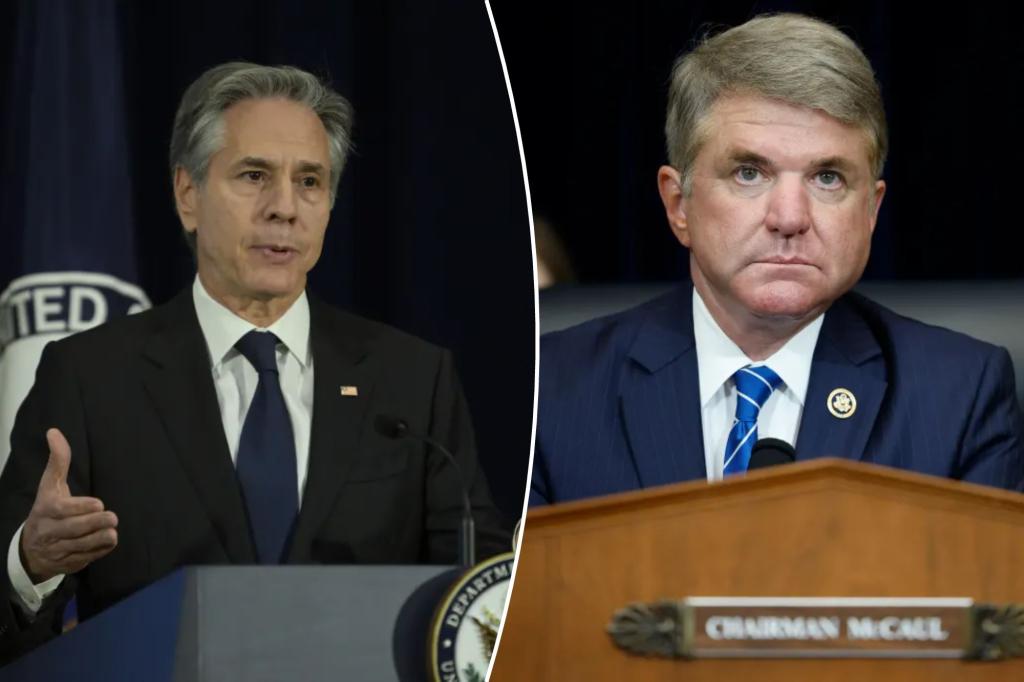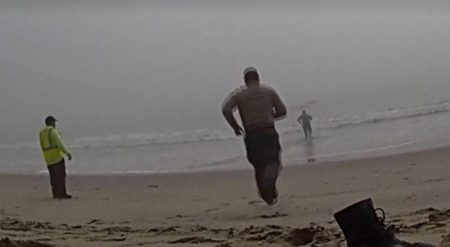Secretary of State Antony Blinken’s testimony before the House Foreign Affairs Committee regarding the 2021 withdrawal from Afghanistan was a long-awaited event, fraught with tension and marked by a blend of contrition and defensiveness. Blinken, while expressing deep regret for the loss of 13 US service members in the Abbey Gate bombing, maintained that President Biden’s decision to withdraw was ultimately the correct one, given the challenging circumstances inherited from the previous administration. This precarious balance between acknowledging the tragic outcome and defending the administration’s actions formed the core of his testimony, setting the stage for a contentious exchange with committee members.
Blinken’s appearance followed months of resistance to the committee’s investigation, including defying subpoenas and prompting a contempt vote. This protracted battle over transparency contributed to the charged atmosphere of the hearing. While acknowledging the “cordial” relationship he shared with Chairman Michael McCaul, Blinken faced immediate criticism for his delayed cooperation with the committee’s inquiry. McCaul, in his final hearing as chairman, expressed disappointment in Blinken’s reluctance to testify earlier and emphasized the preventable nature of the tragedy at Abbey Gate. This initial exchange highlighted the underlying tensions between the administration and the committee, foreshadowing the pointed questioning to follow.
Central to Blinken’s defense was the argument that the Biden administration inherited a deeply flawed situation in Afghanistan, a consequence of the Doha agreement negotiated under the Trump administration. He emphasized the Taliban’s strengthened military position and the reduced US troop presence in Afghanistan by January 2021, suggesting that the alternative to withdrawal would have been a costly and potentially futile escalation of military involvement. This line of reasoning aimed to shift some of the blame for the chaotic withdrawal onto the previous administration and portray Biden’s decision as the least detrimental of available options. However, this argument did little to assuage the concerns of committee members seeking accountability for the tragic events that unfolded.
The hearing also exposed partisan divisions regarding the withdrawal. While Republicans focused on the security failures and the loss of American lives, Democrats, like Ranking Member Gregory Meeks, defended the Biden administration and accused Republicans of politicizing the issue. Meeks argued for a broader examination of policy decisions across multiple administrations, rather than focusing solely on the Biden administration’s actions. This partisan divide underscored the broader political context surrounding the withdrawal and the differing interpretations of responsibility for the outcome.
Beyond the immediate focus on the withdrawal itself, the hearing also highlighted broader concerns about executive branch transparency and congressional oversight. Blinken’s initial reluctance to testify, coupled with the committee’s struggle to secure his appearance, raised questions about the balance of power between the legislative and executive branches. McCaul’s emphasis on Blinken’s delayed cooperation served as a reminder of Congress’s role in holding the executive branch accountable, even as the administration sought to control the narrative surrounding the withdrawal.
The hearing concluded with Chairman McCaul hinting at future efforts to secure testimony from other key officials involved in the Afghanistan withdrawal, including outgoing National Security Adviser Jake Sullivan. This suggests that the committee’s investigation is far from over and that further scrutiny of the administration’s actions is likely. The testimony provided by Blinken, while offering a glimpse into the administration’s perspective, also served to highlight the unresolved questions and lingering controversies surrounding the US withdrawal from Afghanistan. The search for answers and accountability will continue, as the nation grapples with the legacy of this complex and ultimately tragic chapter in its history.










